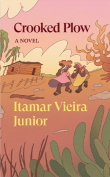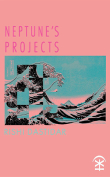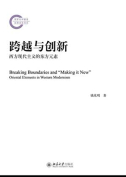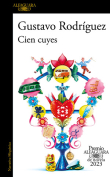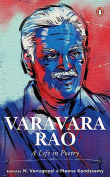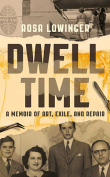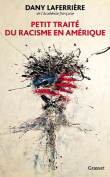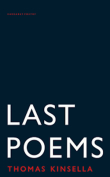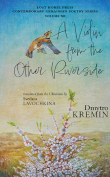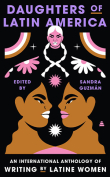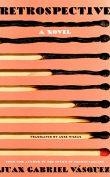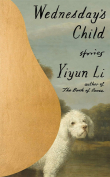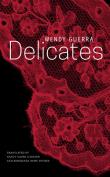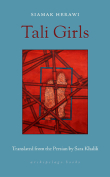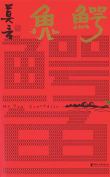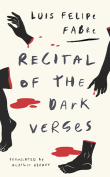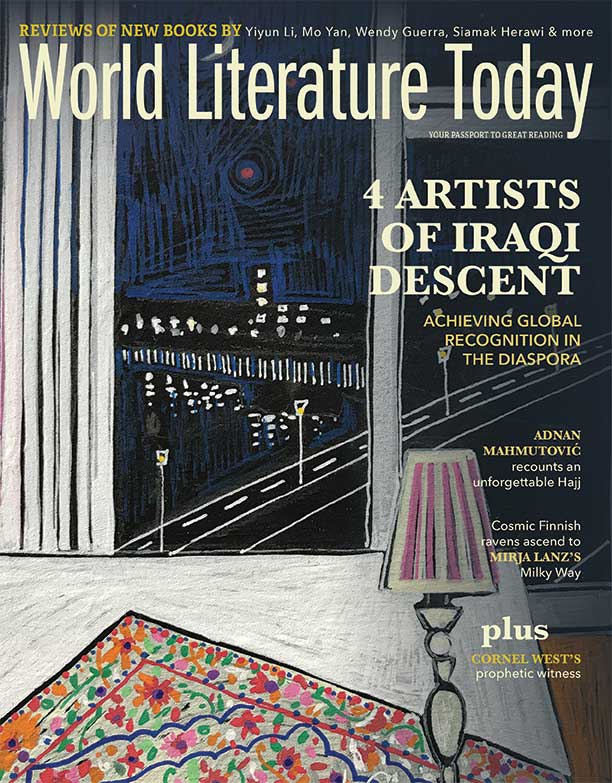Daughters of Latin America: An International Anthology of Writing by Latine Women
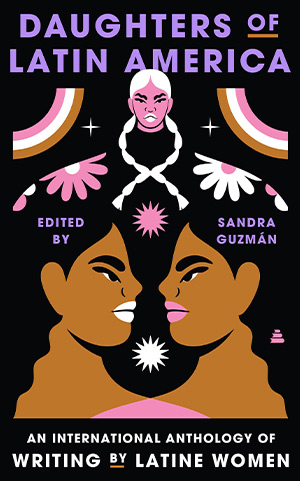 New York. HarperCollins. 2023. 559 pages.
New York. HarperCollins. 2023. 559 pages.
Words are medicine. Medicine is breath.
I cure with language, nothing more.
—María Sabina
Ambitious, audacious, and teeming with talent, Daughters of Latin America highlights the vast and varied collective genius of women writers from Latin America, the Caribbean, and the diaspora. The collection spans five hundred years of literature by more than one hundred women from thirty-four nations. There are spirited translations from twenty-one languages, including seventeen mother tongues of the Americas such as Mazatec, Kʼicheʼ, and Kaqchikel.
In a lively introduction about the powers of ancestral traditions and the promise of matriarchy, Sandra Guzmán graciously tips her hat to other groundbreaking anthologies that shaped her editorial strategies: This Bridge Called My Back: Writings by Radical Women of Color (1981), edited by Cherríe Moraga and Gloria Anzaldúa; New Daughters of Africa: An International Anthology of Writing by Women of African Descent (2019), edited by Margaret Busby; and When the Light of the World Was Subdued, Our Songs Came Through: A Norton Anthology of Native Nations Poetry (2020), edited by Joy Harjo. What these books have in common is how tenacious, radical, and successful they are in their drive to revolutionize literary canons in celebration of extraordinary virtuosity and diversity. They offer mind-expanding material and create greater opportunities not only for those featured within the covers but for countless other writers of the traditions and perspectives that they champion.
Daughters of Latin America is comprised of thirteen sections, signifying the thirteen Mayan moons. This poetic structure allows Guzmán to bypass the usual organizing principles of an anthology (i.e., chronology, geography, literary movement, language, or genre) and to create, instead, one surprising and delightful juxtaposition after another.
There are shaman chants, breezy wishes, ethereal blessings, acerbic song lyrics, and desperate supplications. There are wrenching accounts of abduction, torture, indoctrination, rape, domestic violence, and murder. There are fascinating letters, starting with the famous “Respuesta a Sor Filotea de la Cruz,” by the master of irony Sor Juana Inés de la Cruz, as well as an intimate love letter from Gabriela Mistral to her partner Doris Dana, and a chatty life update from Julia de Burgos to her sister Consuelo. There are fiery political pieces, including a scathing speech against misogyny by Alexandria Ocasio-Cortez and a jolting political farce about the inanities of the Trump era by Giannina Braschi. There are beautifully written odes to everyday things, such as “Ode to the Hair Clip,” by Ada Limón; “Umbilicus,” by Nelly Rosario; and “The Heart of an Artichoke,” by Elena Poniatowska. Other standouts include “Girl,” by Jamaica Kincaid, a torrent of bossy commands instructing a girl on how to be a girl, and Achy Obejas’s take on the robust life and suspicious death of the performance artist Ana Mendieta, whose husband was tried and acquitted of her murder. Among the oddities, Yolanda Arroyo Pizarro offers a humorous sketch of speculative fiction on interspecies romance—delightfully bizarre.
Full of heart and wisdom, Daughters of Latin America sheds a brilliant light on Latine and Caribbean women writers across time, space, languages, and genres.
Tess O’Dwyer
New York
